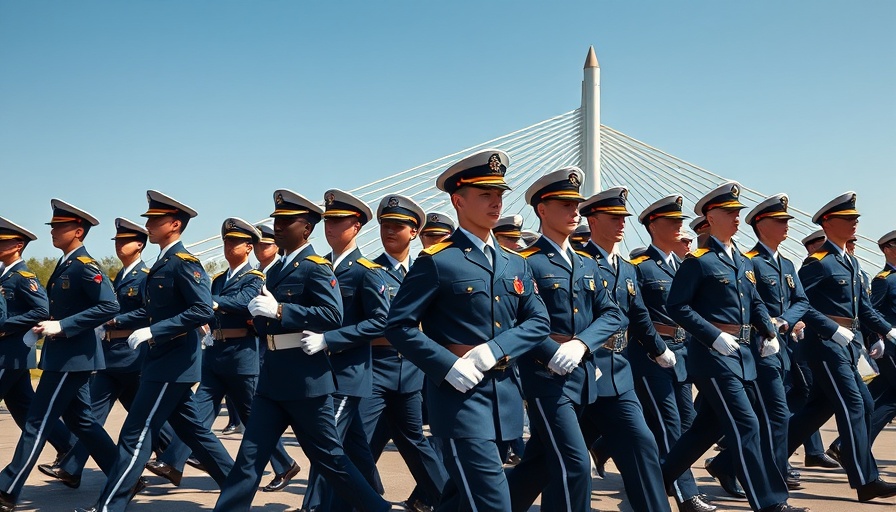
A Turning Point in Literature: The Naval Academy's Bold Decision
The recent reversal at the U.S. Naval Academy regarding its library collections marks a significant moment in the intersection of education, military policy, and the broader social conversation about diversity, equity, and inclusion (DEI). In April 2025, the academy, following a Pentagon directive, removed 381 books that addressed contentious topics such as race, gender identity, and social justice. However, just a month later, the majority of these titles found their way back to the shelves, reflecting an evolving perspective on the importance of inclusive narratives.
This about-face aligns with a wider national dialogue about the role of DEI in educational institutions. Critics argue that the initial purge reflected an alarming trend of censorship and an attempt to sanitize history. The reinstatement of these books not only acknowledges their educational value but also underscores the need for diverse perspectives in the military's narrative.
The Role of Educational Materials in Military Cohesion
The question remains: why was the removal necessary in the first place? The rationale presented by the current administration posited that certain materials could lead to divisive concepts, undermining military cohesion and effectiveness. Yet, the very fabric of military leadership thrives on diverse viewpoints and an understanding of varying cultural backgrounds. The debate exposes the tension between maintaining unity and fostering an inclusive environment.
Interestingly, this isn’t the first time the academy has navigated through these politically charged waters. A ruling from December 2024 permitted the academy to incorporate affirmative action in admissions, illustrating ongoing efforts to maintain diversity in officer training. Such decisions reflect a recognition of the unique needs of military education compared to civilian counterparts.
The Bigger Picture: Implications for Military Education
In reinstating these books, the Naval Academy sends a clear message: education should not shy away from difficult conversations. As military leadership evolves, understanding historical and contemporary issues of race, identity, and social justice becomes imperative. Developing officers capable of leading diverse teams requires access to comprehensive educational resources.
This incident raises critical questions about how other military and educational institutions will balance directives from leadership with the imperative for a well-rounded education. The implications for society extend beyond military realms, influencing discussions about how we approach DEI across various sectors.
 Add Row
Add Row  Add
Add 




Write A Comment